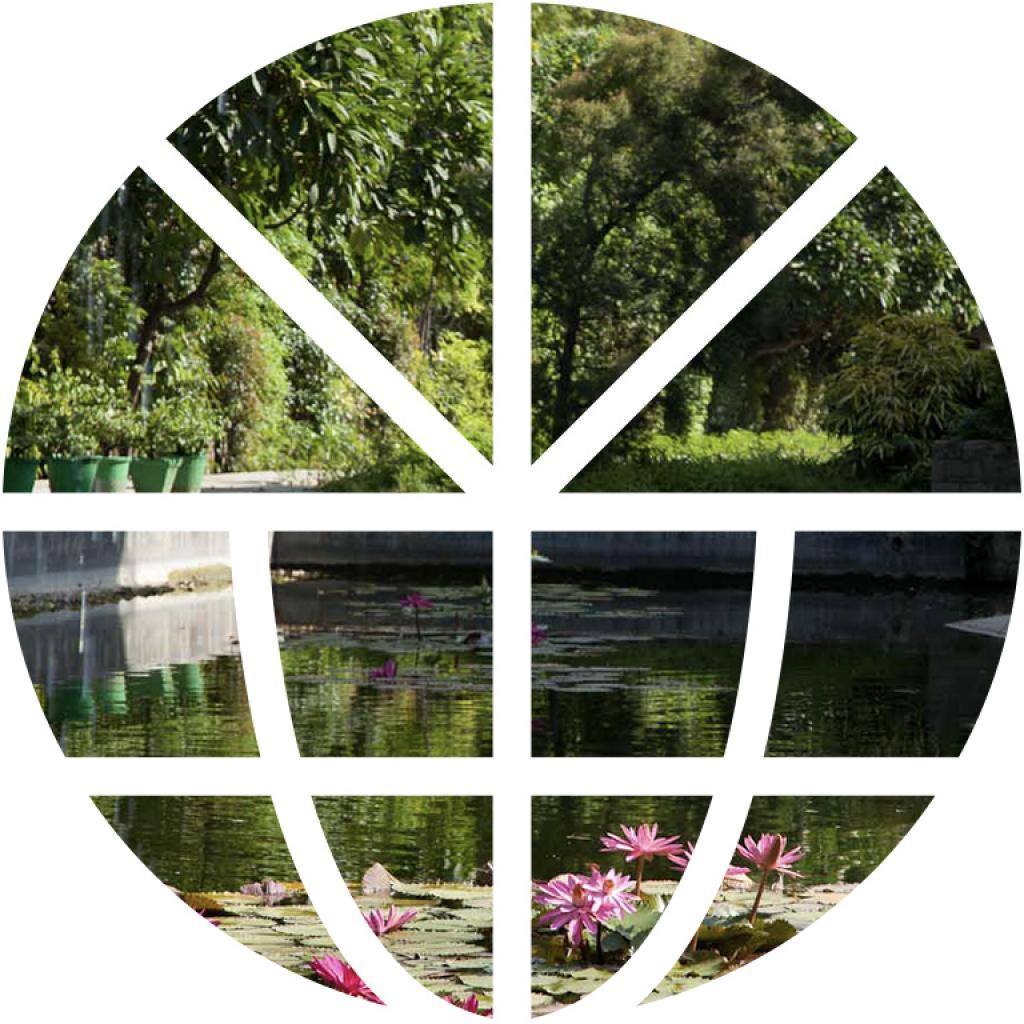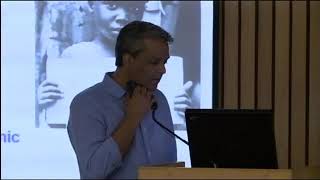Shanti Swarup Bhatnagar to Homi Bhabha and 150 Years of Higher Education in Punjab
Speaker: Prof. A.K. Grover, Vice Chancellor, Punjab University, Chandigarh
Chair: Prof. M.G.K. Menon
The talk will cover inspiring and fascinating facts about Dr. S.S. Bhatnagar (1894-1955), his own mentor Prof. Ruchi Ram Sahni (1863-1948) and his support to Dr. Homi Bhabha (1909-1966), his de-facto successor in the mission to build modern India
The Science and Technology Lecture Series Malaria: A Relentless Serial Killer
Malaria: A Relentless Serial Killer
Speaker: Dr. Amit Sharma, Group Leader, Structural Biology, International Centre for Genetic Engineering and Biotechnology, New Delhi
Chair: Prof. R. Madhubala, Director, AIRF J C Bose National Fellow, School of Life Sciences, Jawaharlal Nehru University
Malaria remains a major killer worldwide. This lecture will give a general overview of this disease, its prevalence, its control and its future
Poetry Readings From "˜Painting Symphony'
Exotic fiction in verse by K.P. Shashidharan, IA & AS, Director General, Office of the Comptroller and Auditor General of India
Chief Guest: Dr. Veerappa Moily, Union Cabinet Minister of Petroleum and Natural Gas
Chair: Dr. H.K. Kaul, President, The Poetry Society (India)
Buddhist Heritage of Odisha
Illustrated lecture by Prof. Himanshu Prabha Ray, Chairperson, National Monuments Authority of India
Chair: Dr. Kapila Vatsyayan, Chairperson, IIC-Asia Project
Based on archaeological excavations conducted at the sites of Ratnagiri, Udayagiri and Lalitgiri by the Archaeological Survey of India from 1958 onwards, the lecture addresses the complex issue of preservation of the Buddhist heritage keeping in view demands of urban planning and development, on the one hand and the pressures of tourism on the other
FILMS ON SPIRITUALITY AND FAITH
Elisabeth Kübler-Ross: Facing Death (Switzerland)
(98 min; 2003; dvd; English subtitles)
Director: Stefan Haupt
Elisabeth Kübler-Ross, psychiatrist, achieved international fame through her work with terminally ill patients. She founded a healing centre (later destroyed by arsonists) in Virginia and lectured widely on de-stigmatizing death. Conversations with her form the core of the film and through these, she revists her life, her work and her relationships
The Third Dimension: Air Power Combating the Maoist Insurgency
Speaker: Gp. Capt. A.K. Agarwal, Senior Research Fellow, USI
Chair: Air Marshal (Retd.) V.K. Bhatia, PVSM, AVSM, VrC & Bar, Member, USI Council and Chairman, Board of Management of the USI Centre for Strategic Studies & Simulation


